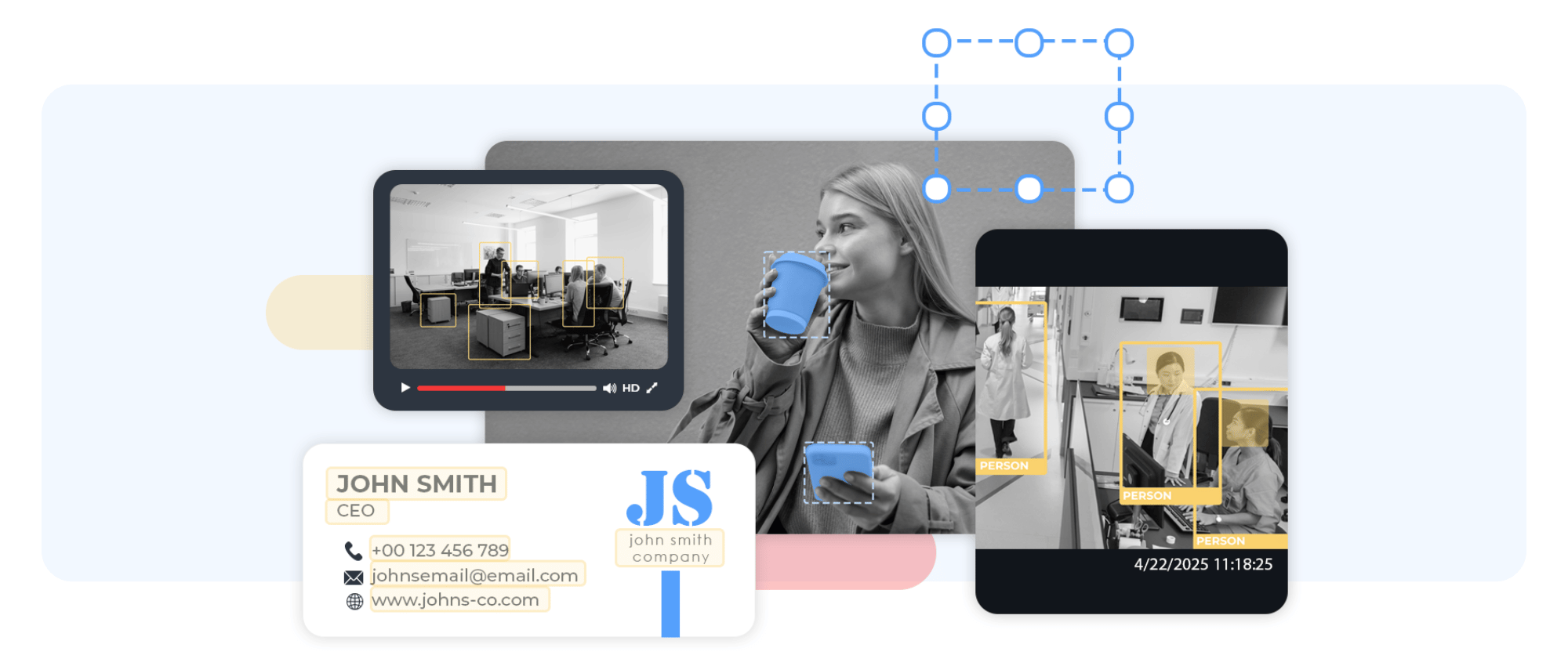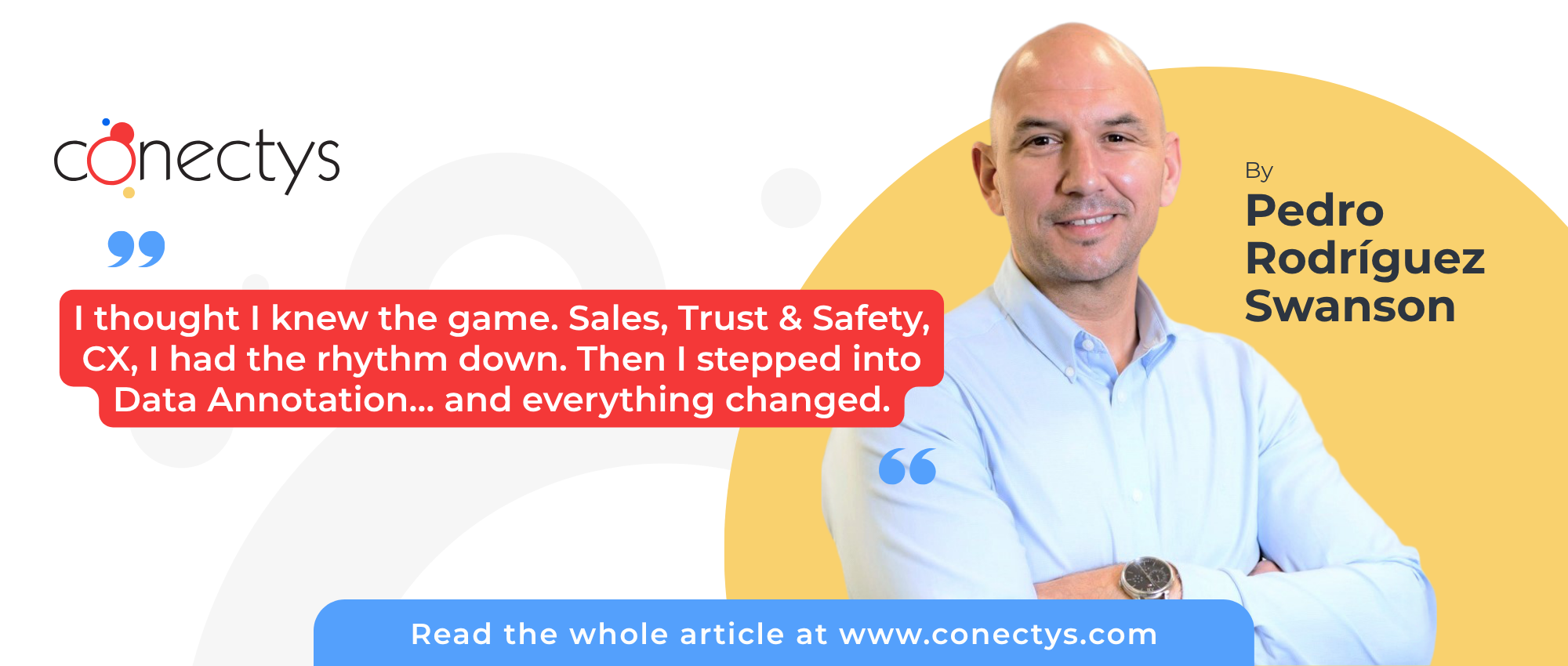That’s our world. If you’re trying to evaluate real expertise in that space, look at these factors:
- How long have they been doing it? Tenure doesn’t always correlate to success or expertise, but it’s a good potential marker.
- What do year-over-year revenues look like? If they consistently increase, it means others are investing in their services, which denotes expertise.
- Who else have they worked with? Look for client logo banks on a vendor’s site. If the logos are similar in business model to you, chances are you’re on the right track.
- What can they do around scale? Ask them questions, look for case studies, and talk to others in your space about what they know.
- How much access can you get to the executive team of the vendor? That’s where the true decision-making, and a good chunk of the expertise, will lie in a vendor/partner organization. We love our account managers here, and they have legitimate expertise, but sometimes you need to know you can reach a decision-maker quickly. This is usually a factor of the size of the vendor but can be the structure of the org too. Investigate this.
- Can the vendor be consultative? Some vendors/partners will be deemed “experts” because they are very good at nuts and bolts execution, but they cannot make any recommendations to you about CX, moderation, tech support, or anything else. They just know how to effectively turn the dials. That can work, but it’s not actual “expertise” unless the business can be positively driven forward as a result.
- Do they see the next few years? Do they understand where different sectors and trends are headed or are they overwhelmed with their current task and client list?
- Cost and value: You pay for expertise because it’s valuable. Does the cost structure reflect that? Someone that competes for ongoing under-market might not be as expert as you think.
There are many types of BPO providers — four distinct ones, in fact — and finding the right level of expertise for your business is crucial. If you’d like to talk more about where our levels of expertise lie and how you can access them for scale and growth, we’d love to start a conversation.















